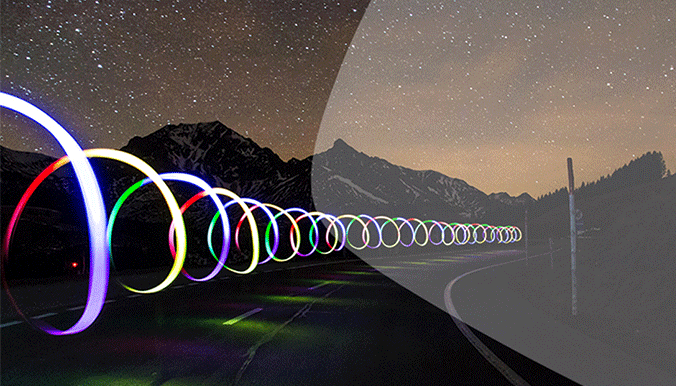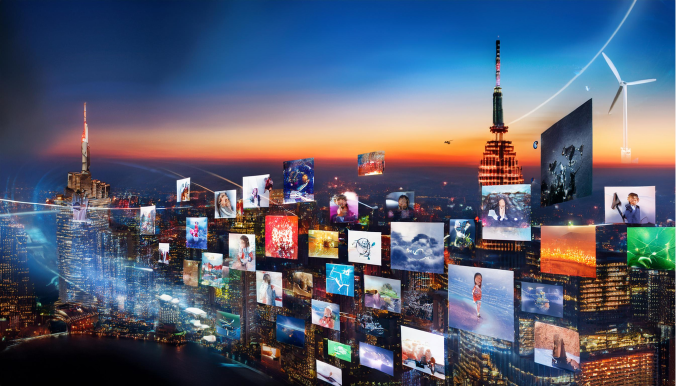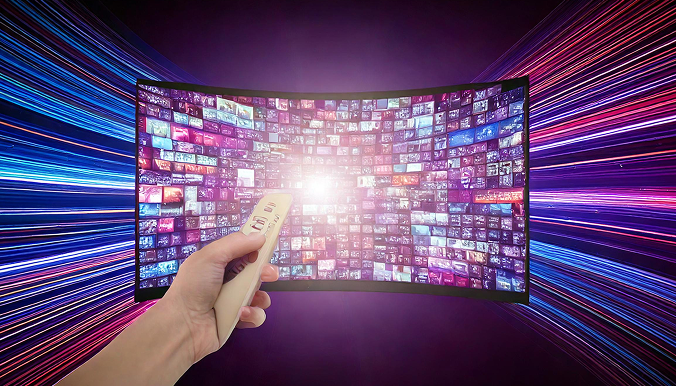- Why Amagi
-
Solutions
Contact UsUse CasesWho We Serve
-
Products
Contact UsCloud ModernizationStreaming TV
-
Resources
Contact UsINDUSTRY REPORTSAmagi FAST Report #14: Navigating the Emerging Distribution LandscapeJanuary 30, 2025Read More
-
Company
Contact UsNewsroomAmagi ADS PLUS aims to Streamline Premium CTV Inventory Access Through Connection with The Trade Desk's OpenPathMarch 25, 2025Read More
- Why Amagi
-
Solutions
Who We Serve
-
Products
-
Resources
INDUSTRY REPORTSAmagi FAST Report #14: Navigating the Emerging Distribution LandscapeJanuary 30, 2025Read More
-
Company
NewsroomAmagi ADS PLUS aims to Streamline Premium CTV Inventory Access Through Connection with The Trade Desk's OpenPathMarch 25, 2025Read More
Blog
Power better content monetization opportunities with new ad formats
By The Editorial Team, - November 15, 2021

One of the biggest value propositions of Free Ad Supported Streaming TV (FAST) platforms is a lower ad load compared to traditional linear channels. However, this has also given rise to one of the biggest dilemmas for content owners and streamers.
As more and more advertisers divert an increasing share of their ad spend to the FAST space, how can content owners and platforms manage the ad supply - without compromising on the viewing experience? Is it possible at all to strike a balance between the promise of low ad load and the goal of increased ad revenues?
Our answer to this question: Channels and platforms must explore the advantages of new ad formats that will do away with the unwelcome need to increase the ad load.
Go for new ad formats that fit ads intuitively and seamlessly into your audiences’ viewing experiences
New ad formats: Current landscape
Massively popular platforms like Roku, Pluto and Peacock are already making the most of these unintrusive ad formats. For instance, Roku recently launched an advertising studio to specifically look after the production of new ad formats. Thanks to their investment in these intuitive ad formats, Roku saw $1.8 billion as platform revenue. This includes money generated through ad sales, subscription and transactional revenue sharing, sales of premium channels and branded channel buttons, and licensing agreements with TV manufacturers and operators.
Peacock TV has also joined the league by introducing a new ad format called Spotlight. When a viewer watches some primetime content on Peacock network, Spotlight ad is the first video creative they see during the first standard break. This helps target the right audience at the right time. Quite an intuitive way to spread brand awareness ensuring maximum reach, isn’t it?
Iconic brands are also taking the unintrusive route. Baskin Robbins, along with Roku TV, created a memorable experience for viewers watching Charlotte’s Web. They presented fun dessert ideas for family movie night taking interactivity to a new level.

Baskin Robbins’ unintrusive and interactive ad
Discovering and experimenting with new ad formats is an ever-evolving phenomenon and not limited to just a few styles. Various brands and broadcasters are constantly working towards making ad watching and making a purchase based on it an enjoyable and immersive experience.
New ad formats can help you win-win-win
- Win for content owners & platforms: Better ad conversions and effective content monetization. These ads also increase the ad conversion rate
- Win for advertisers: Better brand recall and greater audience engagement
- Win for consumers: No additional ad breaks and an uninterrupted viewing experience
Power of TV study conducted by Viacom states that television ads are three times more effective in influencing people to make purchase decisions compared to social media ads.
Connected TV (CTV) advertising is even more effective. Based on a study by GlobeNewswire, 72% of US digital advertisers strongly believe that CTV has a wider and more effective reach compared to linear TV.
So, you get to have your cake and eat it too!
The FAST ad conundrum and Amagi’s power-packed solutions
At Amagi, we are diligently focused on driving ad tech innovations that enable our customers to enjoy more ROI from their content. Thanks to the efforts of our engineering and product specialists, today we are well equipped to support three types of intelligent ad options.
While these ad formats have been used successfully across various OTT and digital platforms, they will now steadily make inroads into the FAST platforms thanks to Amagi’s unique solutions. Let’s have a look at these in depth.
- Dynamic Brand Insertion (DBI): It lets you monetize your content without interrupting your audiences’ viewing experience. There are two ways to dynamically advertise on video platforms:
- Brand insertion: You can create 2D ads composited into the scene like the following example.

Insert ad creatives in real-world objects within the stream - Product insertion: You can add 3D products directly into the scene like the following example.

Place real-world objects & products not originally present in the stream - Why DBI?
- It is unintrusive
- Helps improve brand awareness
- It provides demographics-based targeting
- Amagi DBI Solution
- Amagi THUNDERSTORM dynamic ad-insertion platform INTEGRATED WITH TripleLift’s personalized brand integration solution. It is 100% transparent, accurate and secure.
- Graphics overlays: With this ad format, you can display static or graphics ads in the lower third intuitively based on the video content.

Why graphics overlays? - They can be highly engaging
- Help promote brand awareness
- Promote behavior-based targeting
- Amagi graphics overlays solution
- Unique server-side stitched graphics ads solution that helps deliver graphics overlays ads at scale.
Contextual video ads: These enable you to optimally sell video inventory with an additional metadata layer of in-video context.
Why contextual video ads? - Provide contextually aligned programming at scale
- Delight audiences with meaningful and relevant ad experience
- Measure your ad impact effectively
- Drives better brand connection with consumers
- Provide marketers transparency and brand safety
- Amagi contextual video ads solution
Amagi THUNDERSTORM, now integrated with IRIS.TV, a leading video data platform, enables contextual video ads that are relevant to the content being watched by the viewers.
By embracing these new ad formats, we help you unlock new content monetization opportunities and generate better ROI.
Amagi is powering these new ad formats for one of its leading customers and driving impactful results. To know more, reach out to us at cloudandme@amagi.com.
Related Blogs
Get Started
Increase revenue and reach with our Broadcast & Streaming solutions.
Channel creation. Content distribution. CTV monetization.
Channel creation. Content distribution. CTV monetization.





